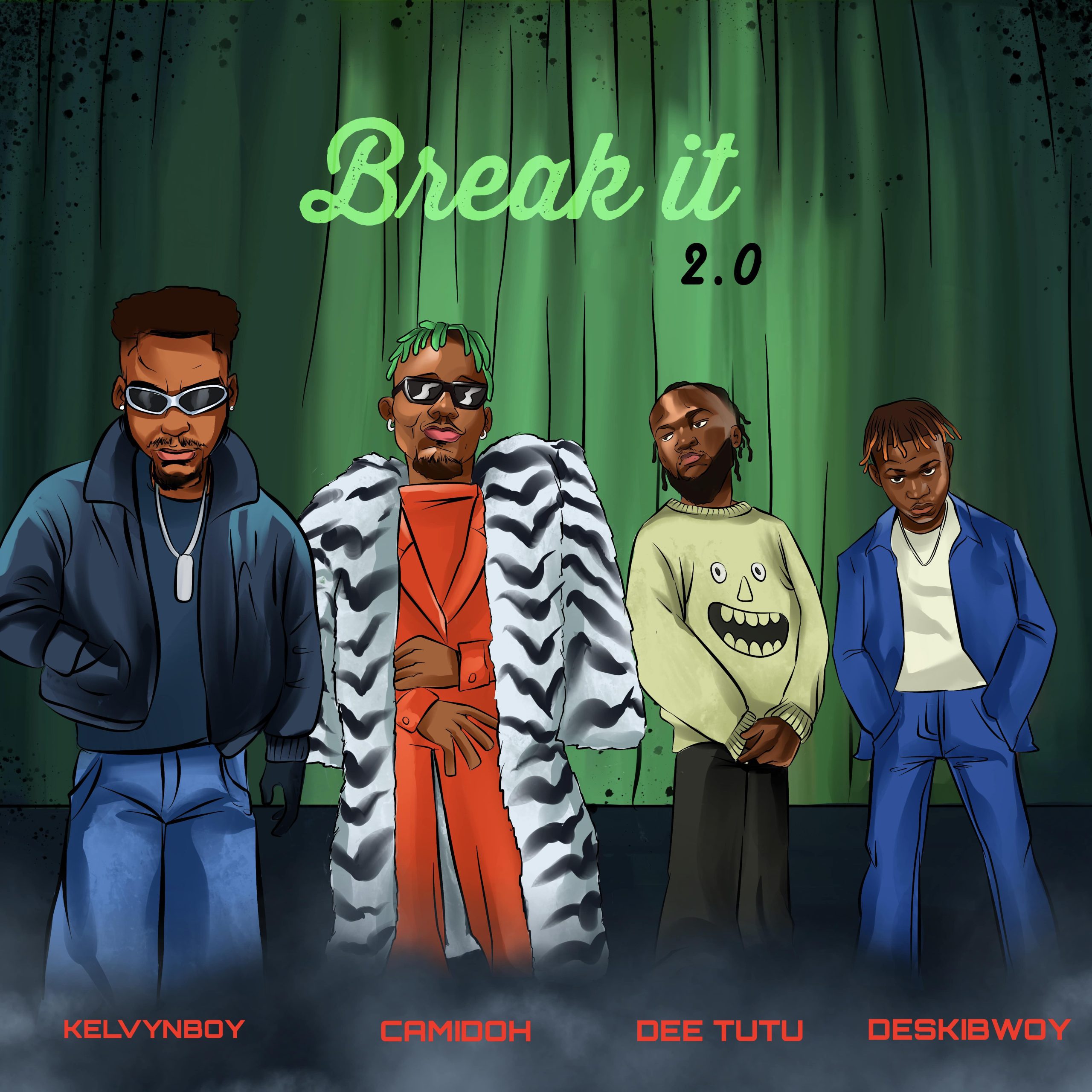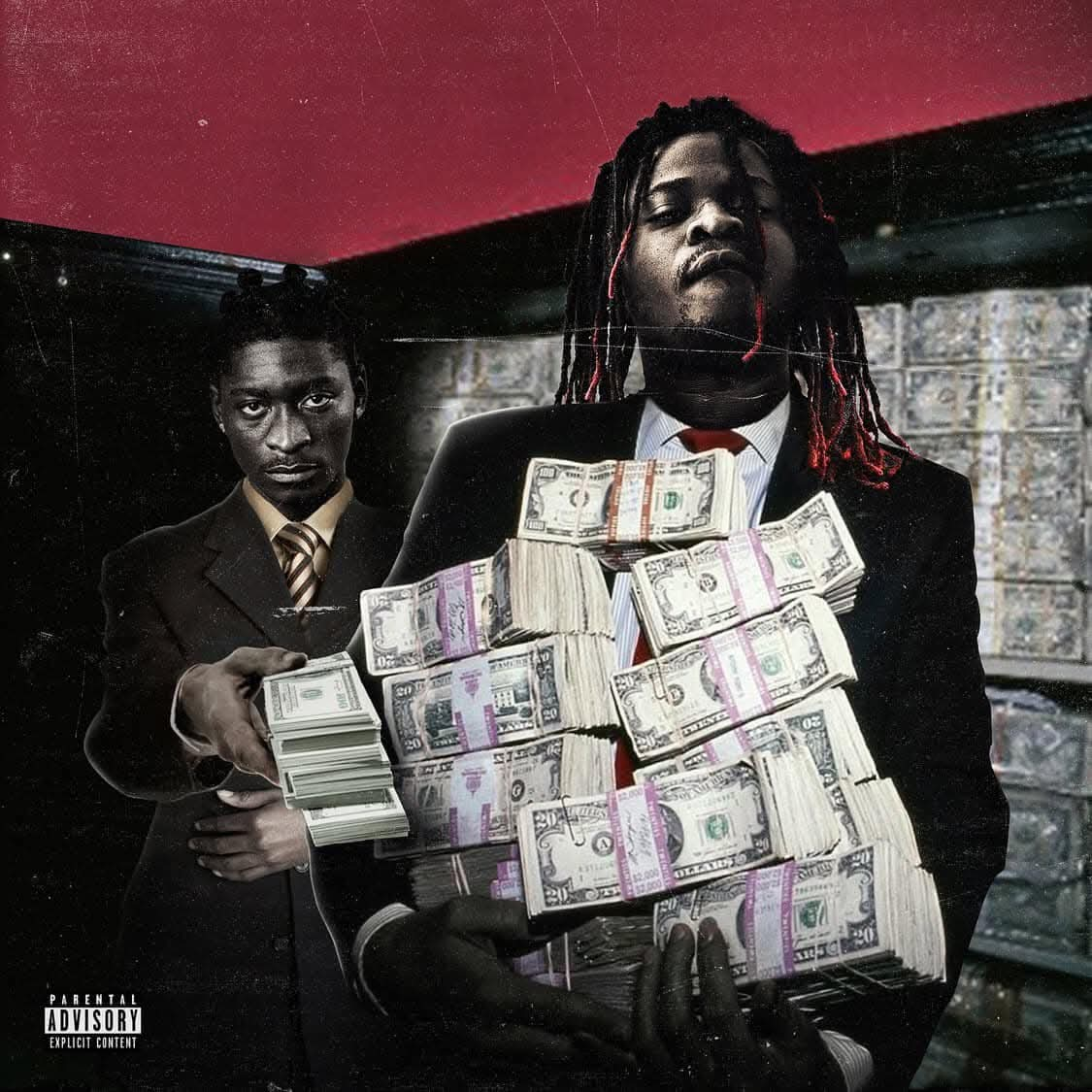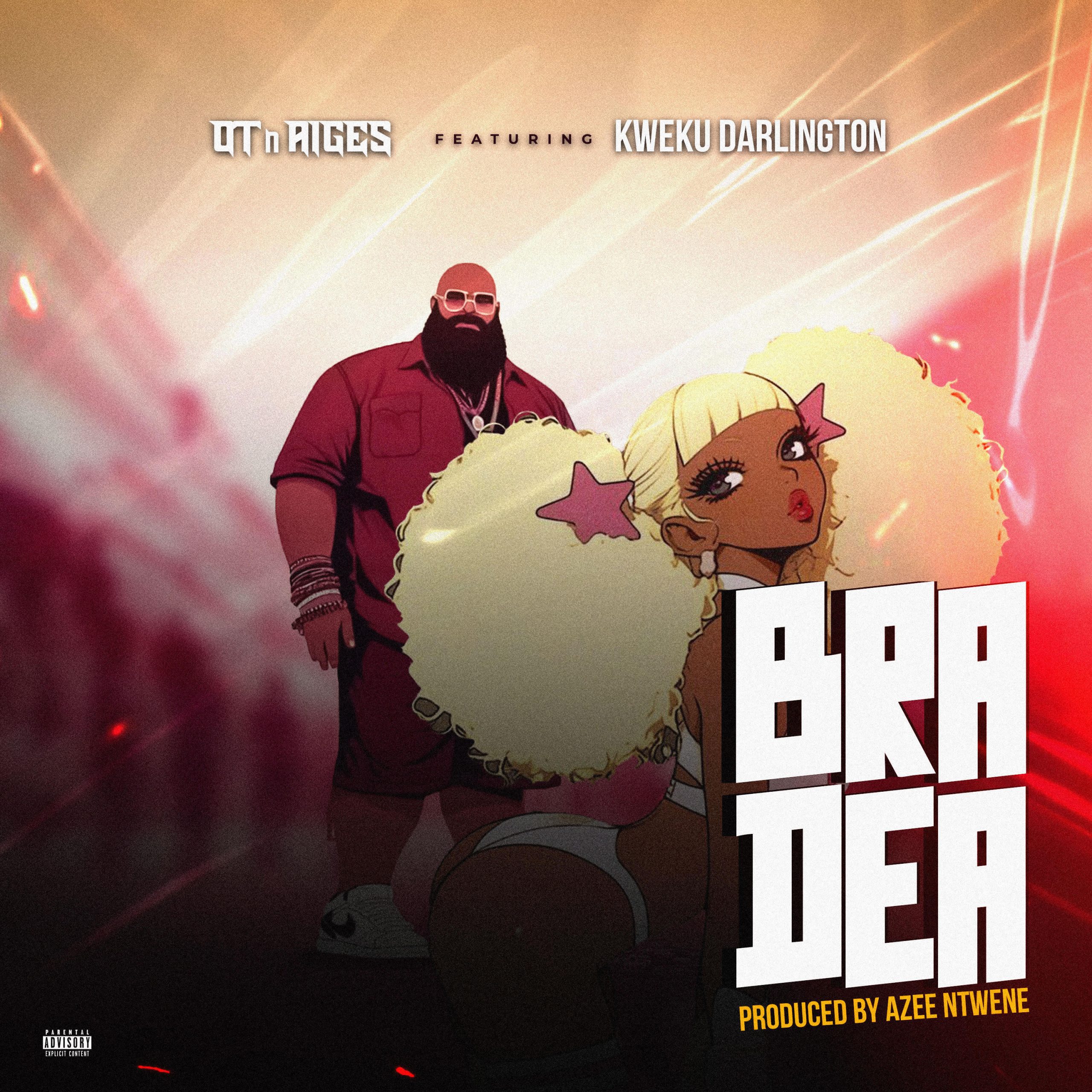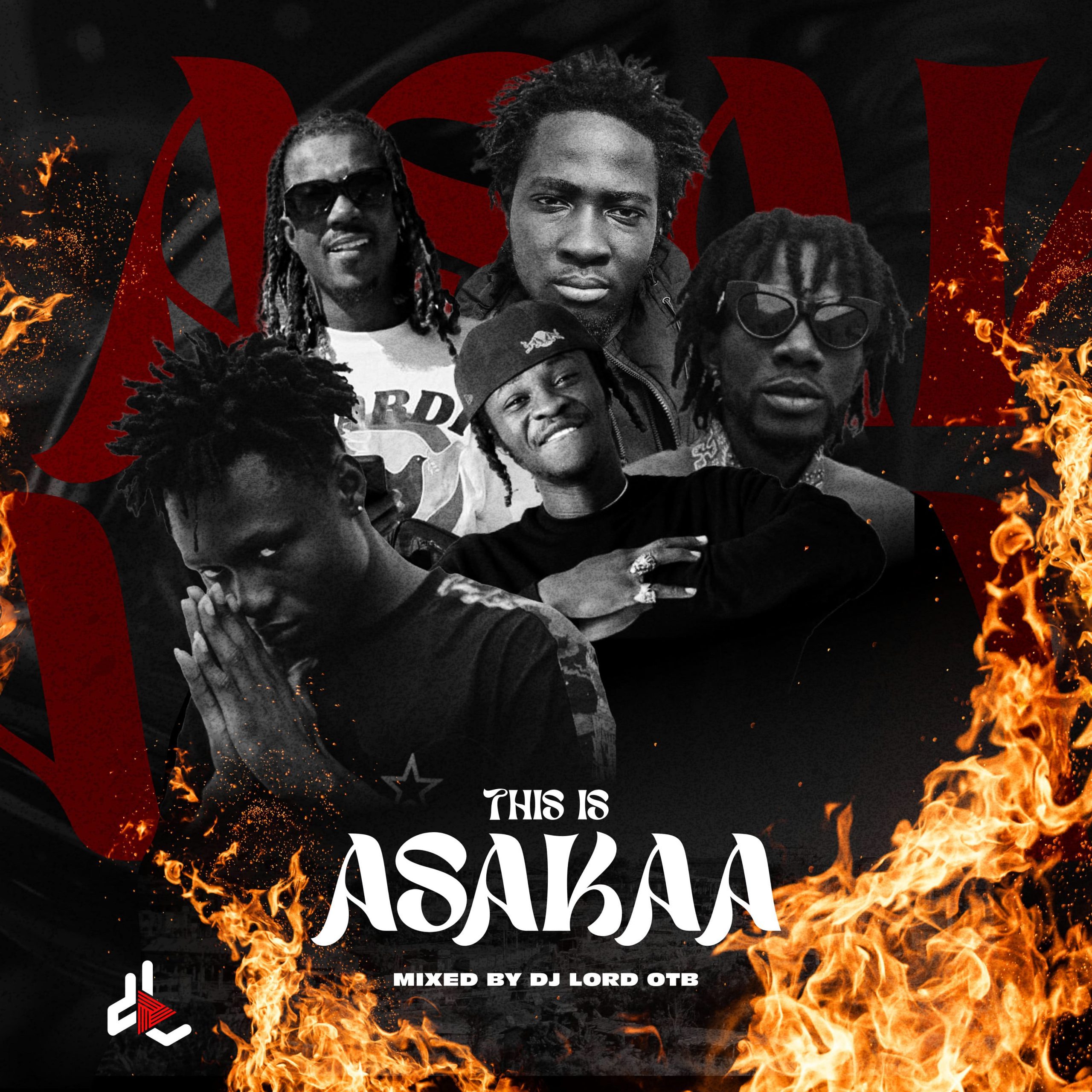How Highlife Came About and Its Pioneers
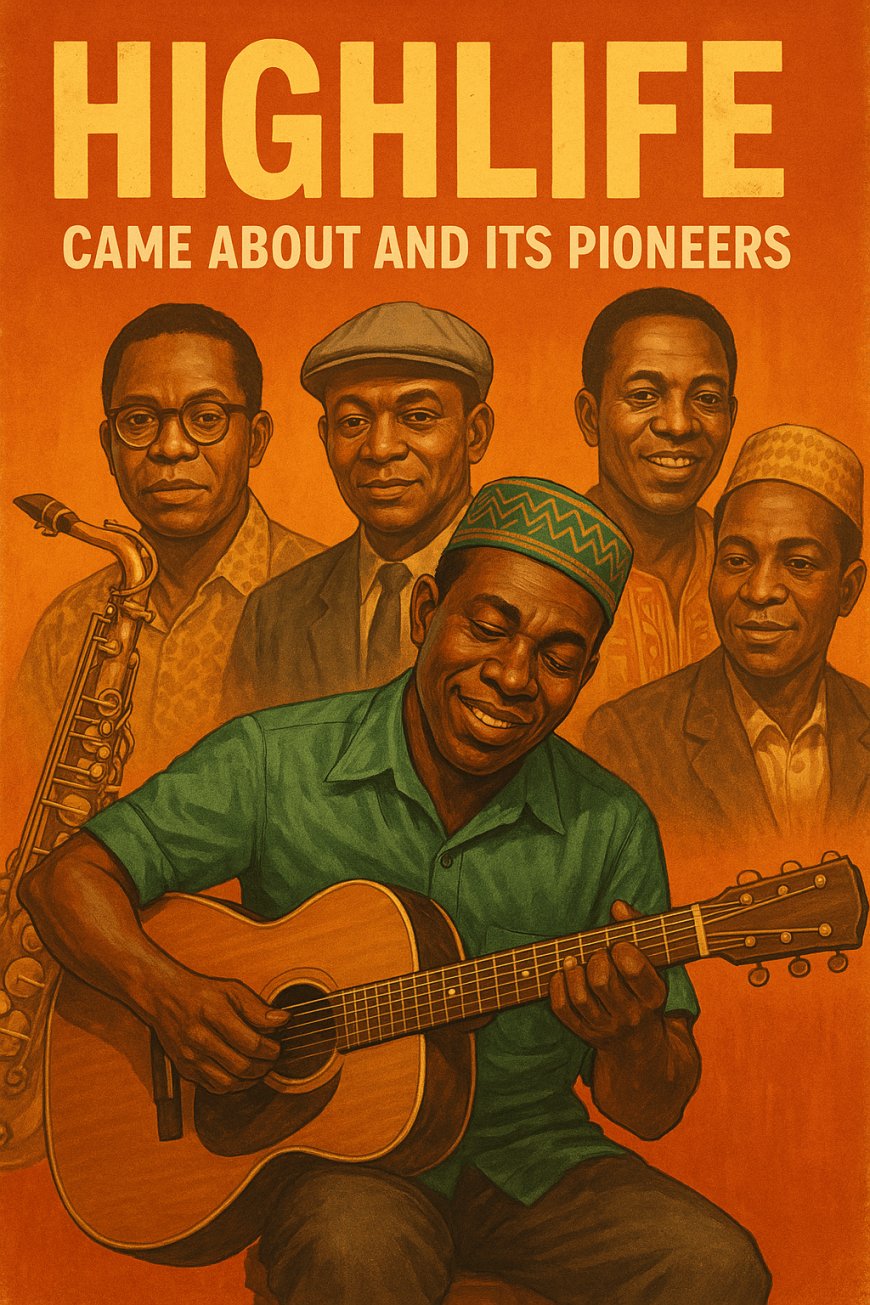
Highlife music stands as a vibrant emblem of Ghana's rich cultural tapestry, weaving together indigenous rhythms with foreign influences to create a genre that resonates across generations. From its humble beginnings in coastal bars to grand stages worldwide, Highlife has not only entertained but also chronicled the socio-political evolution of West Africa.
Origins of Highlife Music
Highlife emerged in the late 19th century along the coastal regions of present-day Ghana, then known as the Gold Coast. It was born out of a fusion between traditional Akan rhythms and melodies with Western musical elements introduced through colonial interactions. European brass bands, military ensembles, and sea shanties played by sailors significantly influenced the early sound of Highlife. Local musicians adapted these styles, incorporating indigenous instruments and rhythms, leading to a unique musical blend that appealed to both local and colonial audiences.
The term "Highlife" itself is believed to have originated from the music's association with the elite social class. In the early 20th century, the genre was predominantly performed in exclusive clubs and ballrooms frequented by the affluent, hence the name "Highlife" to denote the high social status of its patrons.
Evolution and Diversification
As Highlife gained popularity, it began to diversify into various sub-genres, each reflecting different facets of Ghanaian society:
-
Palm-Wine Highlife: Originating from the rural areas, this style was characterized by the use of acoustic guitars and storytelling lyrics. It was commonly performed in palm-wine bars, hence the name.
-
Dance-Band Highlife: This urban variant incorporated brass instruments and was heavily influenced by jazz and swing music. It became the soundtrack of urban nightlife in cities like Accra and Kumasi.
-
Guitar-Band Highlife: A blend of the two, this style utilized electric guitars and became popular in both urban and rural settings.
Pioneers of Highlife Music
Several musicians played pivotal roles in shaping and popularizing Highlife music:
E.T. Mensah
Often referred to as the "King of Highlife," Emmanuel Tettey Mensah was instrumental in bringing Highlife to the forefront of West African music. Leading the Tempos Band, he blended traditional Ghanaian rhythms with jazz and swing, creating a sound that captivated audiences across the continent. His collaborations with international artists, including Louis Armstrong, further elevated the genre's profile.
Jacob Sam (Kwame Asare)
A trailblazer in the Palm-Wine Highlife scene, Jacob Sam, also known as Kwame Asare, was among the first to record Highlife music. His 1928 recordings with the Kumasi Trio laid the foundation for future Highlife musicians, showcasing the genre's potential for storytelling and cultural expression.
E.K. Nyame
E.K. Nyame was a significant figure in the Guitar-Band Highlife movement. His Akan Trio popularized the use of the Akan language in Highlife music, making the genre more accessible to the local populace and reinforcing its cultural relevance.
Nana Ampadu
As the leader of the African Brothers Band, Nana Ampadu was known for his prolific songwriting, with over 800 compositions to his name. His music often addressed social and political issues, reflecting the concerns and aspirations of ordinary Ghanaians.
Alex Konadu
Nicknamed "One Man Thousand" for his ability to draw massive crowds, Alex Konadu was renowned for his energetic performances and mastery of the guitar. His contributions to the Guitar-Band Highlife style helped sustain the genre's popularity through the 1970s and beyond.
Highlife's Influence and Legacy
Highlife music has had a profound impact on the musical landscape of West Africa and beyond. It laid the groundwork for other genres such as Afrobeat and Hiplife, influencing countless artists and musical styles. Today, Highlife continues to evolve, with contemporary musicians blending traditional elements with modern sounds to create fresh interpretations that honor the genre's rich heritage.
What's Your Reaction?
 Like
0
Like
0
 Dislike
0
Dislike
0
 Love
0
Love
0
 Funny
0
Funny
0
 Angry
0
Angry
0
 Sad
0
Sad
0
 Wow
0
Wow
0










